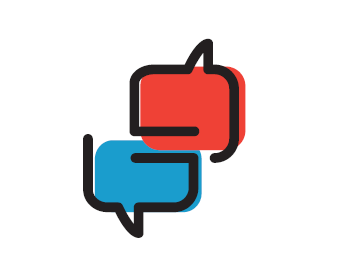As reported by the media, yesterday’s concert featuring three singers attracted a large crowd, part of which used the occasion in Imotski as an opportunity for the open and public display of Ustaša symbols or those reminiscent of the Ustaša movement, as well as for the public singing of Ustaša songs.
It is therefore important to send a clear public message about what is lawful and what is unlawful in today’s Croatia, and to ensure that what is unlawful is clearly and consistently prosecuted and sanctioned, in accordance with the Constitution of the Republic of Croatia and applicable laws.
Some media outlets are reporting exclusively on the success of the concert and the positive atmosphere beforehand, without addressing the problematic and unlawful incidents visible in photos and videos. For instance, the media have published images of individuals wearing T-shirts with the slogan “Kroz Imotski kamioni žure” (“Trucks Rush Through Imotski”), a lyric from the Ustaša song “Jasenovac i Gradiška Stara.” Additionally, reports indicate that the Ustaša song “Evo zore, evo dana/Jure i Boban” was played and openly sung by a large number of people in the town square. These messages and symbols represent an open glorification of the Ustaša movement from the NDH era, and their public display cannot be justified under any circumstances. It is crucial that everyone, in Croatia and abroad, clearly understands that the Republic of Croatia is not the successor of the NDH.
Particularly concerning is the fact that these songs were sung and these symbols worn by young people, which further highlights the importance of providing proper education through the school system, including on racism, hate speech, discrimination, and human rights in general.
However, a clear public condemnation from public officials—regarding both last night’s and previous such incidents—has so far been lacking, which is additionally troubling, especially in light of the recent and increasingly open justification and use of the salute Za dom spremni by several Members of Parliament.
The lack of response creates space for even more overt expressions of intolerance and hatred, not only contributing to the relativization of the character and crimes of the NDH but also dangerously encouraging hatred in our society today.
Therefore, I call on public officials to publicly condemn these incidents. I have also contacted the police and the State Attorney’s Office of the Republic of Croatia to request information on their actions related to the events before, during, and after yesterday’s concert.





